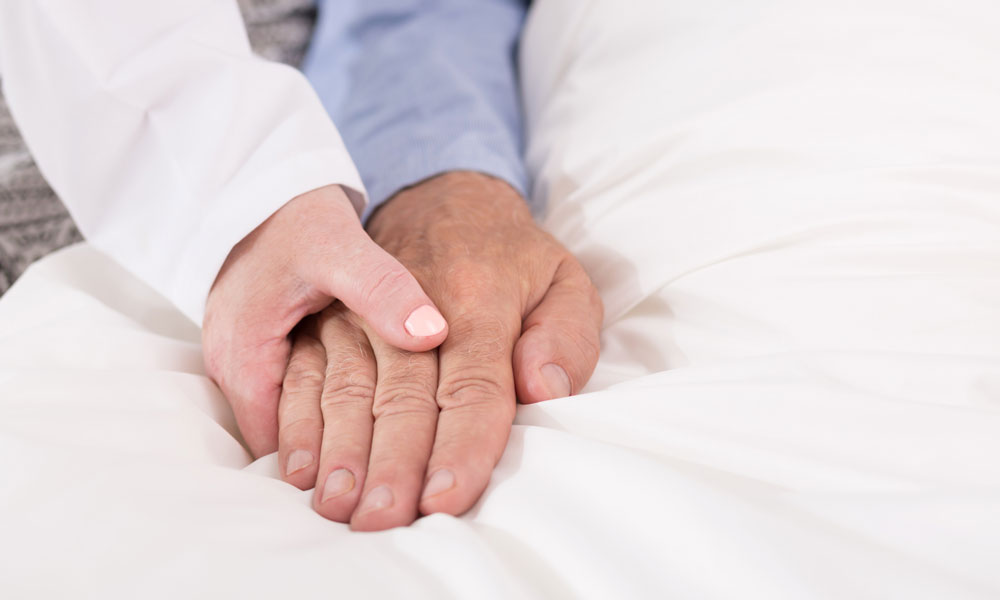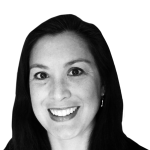
New Association Tends to Spiritual Element of Healthcare
Launched last week, the Spiritual Care Association will work to better integrate spiritual care—regardless of religion—into a “whole person” approach to healthcare. Education, certification, and advocacy top SCA’s agenda.
People experiencing serious illness, grief, or other distress often turn to chaplains for comfort and meaning. The spiritual care that they provide is part of an effort to care for the whole person—mind, body, and spirit—and part of the overall patient experience, according to the newly formed Spiritual Care Association.
Launched last week, SCA will “[lead] the way to educate, certify, credential, and advocate so that more people in need, regardless of religion, beliefs, or cultural identification, receive effective spiritual care in all types of institutional and community settings in the U.S. and internationally.”
It’s not about religion or even spirituality. There are existential questions for all of us who share the human experience.
Spiritual care transcends religion, said SCA President and CEO Rev. Eric Hall.
“It’s not about religion or even spirituality,” Hall said. Regardless of religion, “there are existential questions for all of us who share the human experience.” These questions might include “Why is this happening to me?” and “Have I done something to deserve this?” Religions address these questions through faith constructs, but “the atheist also asks the very same questions. These questions—and lack of answers to them—cause spiritual pain,” he said.
“A professional chaplain is trained to take the person exactly where they are and walk with them through the process of coming to meaning and comfort,” Hall said. Spiritual care providers help by listening, reflecting, and being present—and they may help patients and family members as well as healthcare professionals whose work has caused them distress.
Based in New York and Los Angeles, SCA is an affiliate of the nonprofit HealthCare Chaplaincy Network. The new organization is working to bring clarity and standardization to the spiritual care field, improve chaplains’ education and certification, and better integrate spiritual care into healthcare.
In an address announcing the launch of SCA last week, Hall said the association is establishing, for the first time, evidence-based quality indicators, a scope of practice, and a knowledge base for spiritual care. Its new credentialing and certification process for professional chaplains includes requirements that are “the first in the field to include objective, evidence-based knowledge and demonstrated clinical competence, such as that required in other healthcare disciplines.”
A hurdle in education was that training for clinical pastoral education (CPE)—a type of internship—was typically available only in centers located in hospitals, so people who did not live near hospitals had difficulty taking those courses, Hall said. Now, the association offers CPE and other courses through an online learning center.
Hall, who is also president and CEO of the HealthCare Chaplaincy Network, said the association grew out of calls to transform the profession.
“It’s about trying to modernize the field and bring all disciplines under one umbrella around the cause of spiritual care,” he said.
SCA offers membership categories for healthcare professionals (including chaplains, physicians, nurses, social workers, patient advocates, administrators, and volunteers), community clergy and religious leaders, and other organizations and institutions.
Speaking from his perspective as a minister, Hall said that clergy and religious leaders “spend significant time in the healthcare system but don’t have any real knowledge of how we play a role in the wholeness of care.” Institutions and organizations, such as those focused on specific diseases, might better understand the value of spiritual care through involvement with SCA, he said.
(iStock/Thinkstock)






Comments